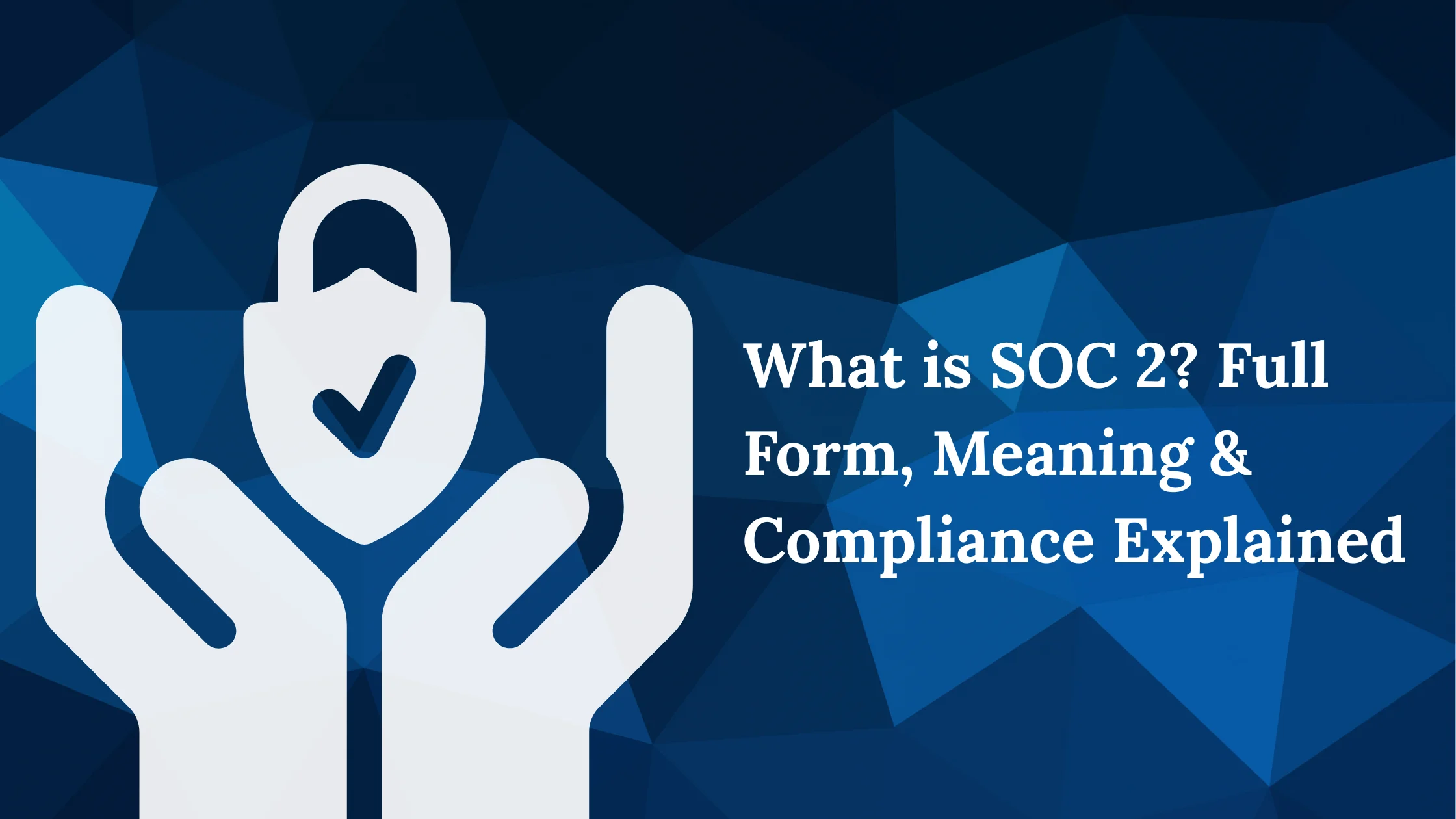
PDPL and GDPR: How Saudi Arabia’s Data Laws Stack Up Against Europe’s
ThePersonal Data Protection Law (PDPL)** and the General Data Protection Regulation (GDPR) are two major privacy laws, respectively in Saudi Arabia and the European Union. Although they share common goals, there are key differences. Here's a breakdown of the important topics and notable distinctions:
Saudi Arabia’s Data Laws and Europe’s Law
1. Geographic Scope
GDPR: Applies to all EU member states and any organization worldwide that processes the personal data of EU residents, regardless of the company's location. PDPL: Applies within the Kingdom of Saudi Arabia (KSA) and applies to entities processing the personal data of individuals residing in Saudi Arabia.
2. Definition of Personal Data
GDPR: Broadly defines personal data as any information relating to an identifiable person, including online identifiers like IP addresses. PDPL: Similar definition, covering any information that identifies an individual, including sensitive data like health, financial, and biometric information.
3. Consent
GDPR: Requires explicit consent from individuals, and organizations must demonstrate that consent was given freely, with transparency about how the data will be used. PDP Also requires explicit consent but places additional emphasis on local cultural and legal norms. Consent can be withdrawn, but exceptions exist for national security and law enforcement purposes.
4. Data Subject Rights
GDPR: Individuals have several rights, including the right to access, rectify, erase ("right to be forgotten"), restrict processing, data portability, and object to processing. PDPL: Provides similar rights, though there may be limitations or exceptions in the case of public authorities or for national interests. The right to erasure may not be as broadly applied as in the GDPR.
5. Data Breach Notifications
GDPR: Requires organizations to notify the supervisory authority within 72 hours of becoming aware of a personal data breach and, in some cases, notify the affected individuals. PDPL: Requires immediate notification to the relevant authorities, though the timeframe may vary. There is also a requirement to inform data subjects if the breach could harm their personal data.
6. Legal Basis for Processing
GDPR: Allows processing based on various legal grounds, such as consent, performance of a contract, legal obligation, vital interests, public tasks, and legitimate interests of the data controller. PDPL: Focuses more on consent but also allows processing for fulfilling contractual obligations, compliance with the law, or safeguarding national security.
7. Data Transfers to Third Countries
GDPR: Restricts data transfers to non-EU countries unless they have "adequate" data protection laws or appropriate safeguards like standard contractual clauses or binding corporate rules. PDPL: Also places restrictions on transferring data outside Saudi Arabia, with exceptions for the protection of national security, or when explicit consent is obtained. The rules for data transfer might be more restrictive compared to the GDPR.
8. Penalties and Fines
Imposes significant fines, up to €20 million or 4% of a company’s global annual revenue, whichever is higher, for non-compliance. Similarly, provides for fines and penalties, though the amounts and severity might differ. Exact figures may depend on local regulations and enforcement decisions.
9. Supervisory Authority
Each EU member state has a Data Protection Authority (DPA) that oversees compliance with the regulation and handles complaints. The Saudi Data and Artificial Intelligence Authority (SDAIA) plays a central role in overseeing and enforcing the PDPL, ensuring compliance, and protecting personal data in KSA.
10. Enforcement
Enforcement is carried out by independent supervisory authorities in each member state, which can investigate, fine, or take legal action. Enforcement falls under SDAIA, which may involve a more centralized approach, with potentially greater involvement from other government entities, reflecting the regulatory framework of Saudi Arabia.
11. Scope of Application
Applies to both private and public entities, including small businesses, multinational corporations, and government bodies. Similar application, though the role of public bodies might be treated differently, especially regarding national security and state interests.
12. Data Protection Officer (DPO)
Requires the appointment of a DPO for organizations involved in large-scale processing of sensitive data or public authorities. There is no explicit requirement for a DPO, but organizations handling significant personal data may need to assign a responsible officer for compliance.
13. Cultural Considerations
Is generally neutral with regard to local customs, focusing solely on data privacy and security from a legal standpoint. Reflects the cultural and societal norms of Saudi Arabia, potentially shaping its interpretation and enforcement in a way that aligns with local values and priorities.
Summary of Key Differences:
Geographical application**: GDPR is global, while PDPL is focused on Saudi Arabia. Enforcement**: GDPR has decentralized supervisory bodies, while PDPL is centrally overseen by SDAIA. Data transfers**: PDPL is stricter in terms of cross-border data transfers. cultural influence**: PDPL incorporates local legal and cultural factors into its data protection framework.
These differences highlight how the PDPL is tailored to the Saudi context while adopting much of the core framework of the GDPR.
More For You

...

SOC 2 Compliance for Service Providers: Ensuring Data Privacy and Security
SOC 2 compliance is a security standard for service providers handling customer ...

Factory Cybersecurity: Protecting Industrial Control Systems in Manufacturing Operations
...
